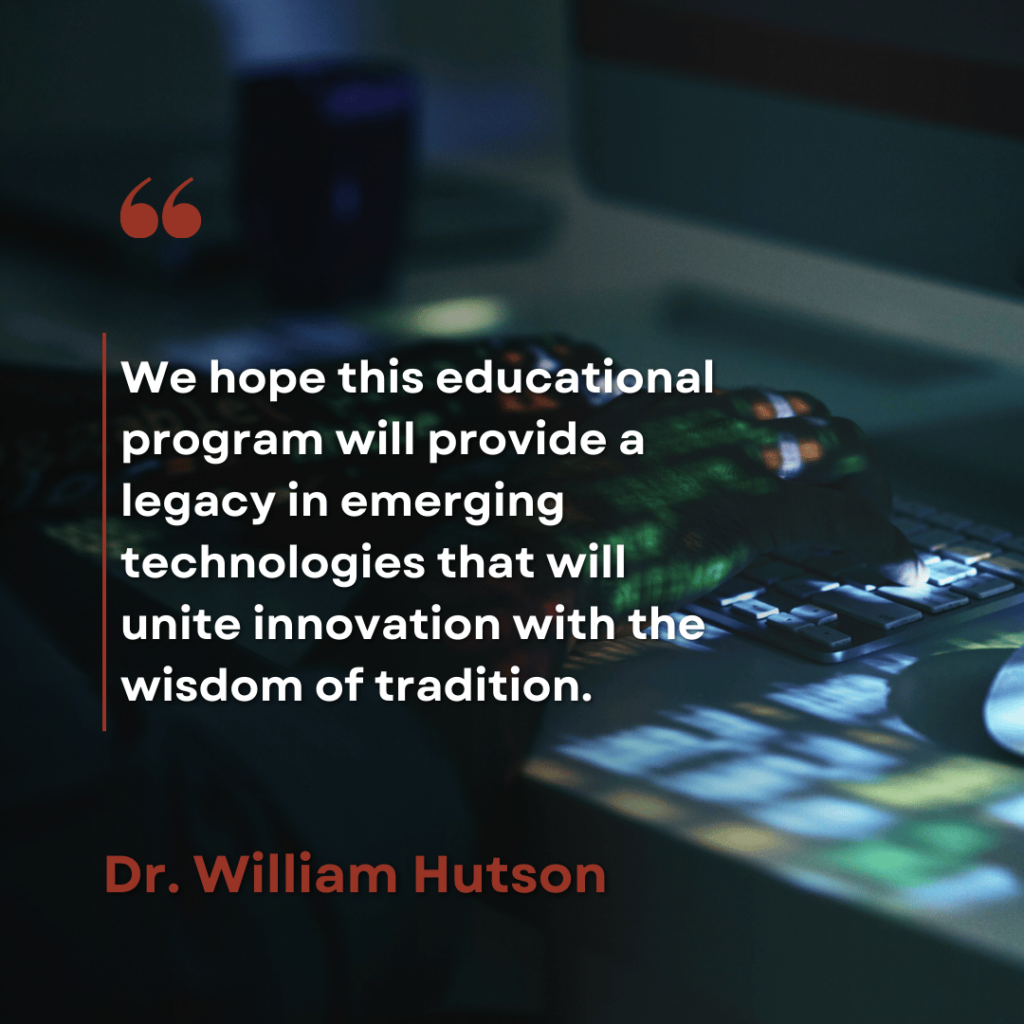The rapid advancement of artificial intelligence (AI) presents both tremendous opportunities and profound ethical and moral challenges. As AI systems become increasingly integrated into daily life, the question arises: How can we ensure these technologies serve humanity rather than diminish it?
Who Should Guide the Future of AI?
Contrary to popular belief, the ethical development of AI is not solely the responsibility of engineers or computer scientists. This misconception reflects a deeper issue: the increasing fragmentation of academic disciplines. Many engineers lack an understanding of human nature, virtue, and the ultimate purpose of Christian philosophy, while those trained in the humanities often struggle to contribute meaningfully to the creation of practical technological advancements. To address this divide, higher education must embrace a more integrated approach, grounding students in both technical and humanistic disciplines.
In the field of AI: technical expertise is crucial, the long-term impact of AI requires input from disciplines that grapple with life’s greatest questions, questions of morality, meaning and human flourishing. The most pressing AI dilemmas demand a multidisciplinary approach.
Philosophers and theologians bring centuries of wisdom on human nature to bear on the ordered development of human civilization and the common good. Social scientists analyze the broader societal and individual effects of AI, offering insights into human behavior, governance, and societal resilience. Meanwhile, AI product managers and engineers possess the practical know-how to potentially translate ethical principles into technological realities. A truly responsible approach to AI must bridge these domains, creating a dialogue between tradition and innovation.
The Need for Prudence in Technological Design
Prudence, an intellectual virtue, has long been considered essential to ethical decision-making. In the realm of emerging technologies, prudence calls for a balance between bold innovation and cautious foresight. It requires an understanding of both the possibilities AI offers and the potential risks it entails as well as a deep understanding of human nature, its capabilities and limitations. A prudential approach to AI does not mean resisting technological progress; rather, it means ensuring that AI serves authentic human needs while respecting fundamental rights and values.
“How can AI systems be designed to support and encourage the development of the classical virtues such as prudence and temperance in users, and what empirical evidence can be gathered to validate their effectiveness in real-world settings?” Asks Dr. William Hutson, the Chair of our Emerging Technologies Department “These are the questions we’re asking at Catholic International University. We hope this educational program will provide a legacy in emerging technologies that will unite innovation with the wisdom of tradition.”
As society navigates the AI revolution, we must cultivate professionals who can integrate ethical reflection with technical expertise. Whether one’s background is in theology, philosophy, social sciences, or AI engineering, the ability to think critically, deeply and practically about the consequences of innovation will be invaluable.
The future of AI is not merely a technical challenge—it is a profoundly human one. Those who recognize this reality will be best positioned to shape the next era of technological advancement with wisdom and integrity.
Do you want to study the Prudential Design of Emerging Technologies 100% online? Click the link below!

